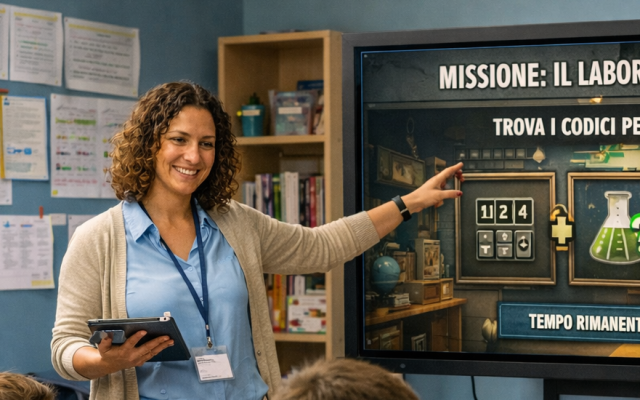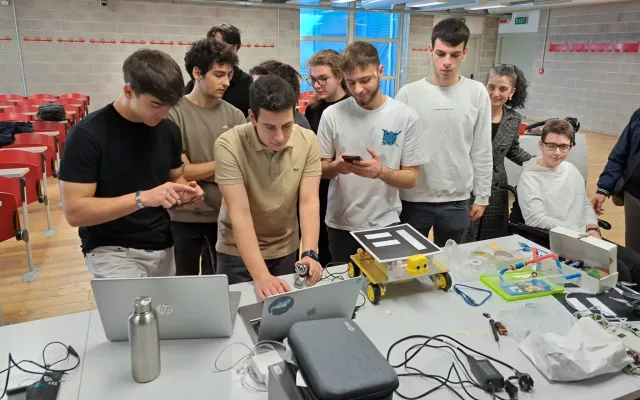3 min.
ACTING TRAINS AGENTS FOR ACTIVE AGEING
These are “special agents” that introduce elders to new technology and discover all the tools that can improve their quality of life, as well as help them overcome their “fear of big brother” on the web. The Context Analysis Report compiled by the Fondazione Mondo Digitale was presented today in Madrid. The Report analyses the behaviour of elders towards technology in four countries and has developed a common methodology to train social agents.

According to Eurostat data, more than 9 out of 10 young men and women aged 16-24 regularly use the Internet, while only 42% of those older than 55 does, although these percentages are progressively increasing. However, it is not enough to just each elders how to use the technology, we have to help them experiment concretely with the new tools and discover how to improve their lives by involving them in their own personal interests and improving their social life. They must be supported to overcome their fears and taught how to face them.
This is the main indication that arises from the Context Analysis Report, the document presented today in Madrid by the Fondazione Mondo Digitale at the second coordination meeting for Project ACTing - Social Agents Promoting Active Ageing through ICT. This is a two-year project that involves 5 partners in 4 countries: Fundetec (lead partner) and Esplai in Spain, Aepmr in Romania, IC Volunteers in Switzerland and the Fondazione Mondo Digitale in Italy.
The project has been developed with the support of the Lifelong Learning Programme of the European Commission (Leonardo da Vinci Multilateral Projects for the Transfer of Innovation). The Mayores con Iniciativa methodology, developed and implemented by the Fundetec Foundation in Spain, will be adopted and tested in a variety of different contexts, to provide social agents with the necessary competences and tools to work optimally as facilitators for the social inclusion of elders in local communities.
Each partner conducted a national study to gather information on elders, the use of new technology and to determine the profile of social agents. Subsequently, three national best practices were identified by each partner and organized focus groups, involving both elders and social agents. The FMD compiled the comparative analysis, based on the individual country data for each partner, which strongly points to the need to train specialized figures capable of providing personalized and flexible training developed “ad hoc” for each elder on the basis of individual needs. Moreover, ICT competences are not sufficient, the social agents must have strategic virtues such as patience, affection, empathy and the ability to listen.
The data and information gathered in the study will serve to develop the project’s didactic methodology. A training session for social agents will be held in each country during the month of June and will be followed by a pilot phase during which the social agents will support elders to develop social and digital inclusion initiatives in each country.
The full Context Analysis Report is available on-line at: www.mondodigitale.org/risorse/pubblicazioni/acting-context-analisys-report



